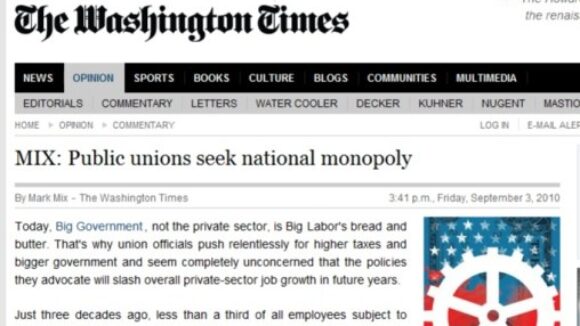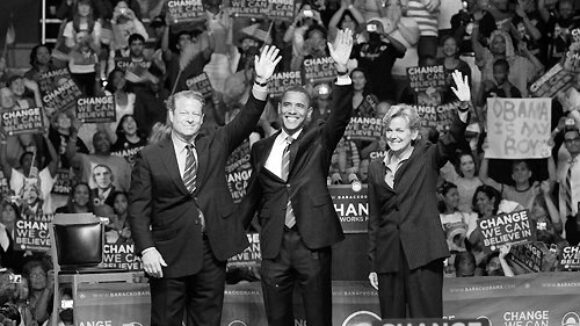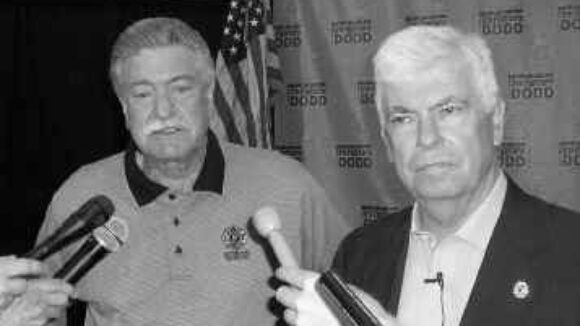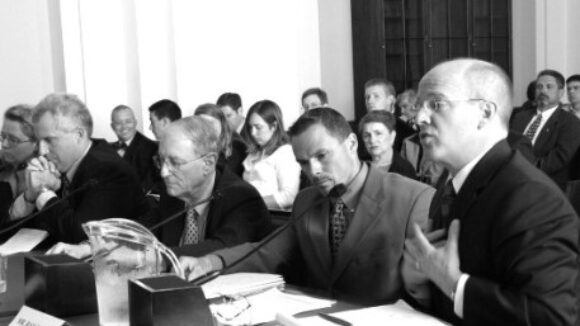Right To Work President Mark Mix's Labor Day Message
Labor Day Statement: What Labor Day Really Means by: NRTW President Mark Mix This Labor Day, as we celebrate working men and women across the nation, union officials are mounting an unprecedented effort to expand their coercive powers over America's employees and employers. Their goal is to expand the number of workers forced to pay union dues or fees and accept mandatory union representation just to keep their jobs. Union officials' ambitious agenda goes beyond the scope of previous years. By their own admission, Big Labor officials are gearing up for their most aggressive midterm election political blitz ever. And regardless of the outcome, they are focused on a series of unprecedented power grabs and pay backs sure to send shivers up any independent-minded worker's spine. Meanwhile, the National Right to Work Committee continues to mobilize its 2.6 million members to combat these draconian bills. Throughout the U.S., more than 12 million American workers are already compelled to pay union dues as a condition of keeping their jobs. Sadly, many workers feel they have no choice but to pay for organized labor's extensive political activities, while others are still unaware of their right to object. That's why the National Right to Work Legal Defense Foundation is providing free legal aid to thousands of employees nationwide. American Federation of Labor founder Samuel Gompers' famous adage that "No lasting gain has ever come from compulsion" is as relevant as ever this Labor Day.



